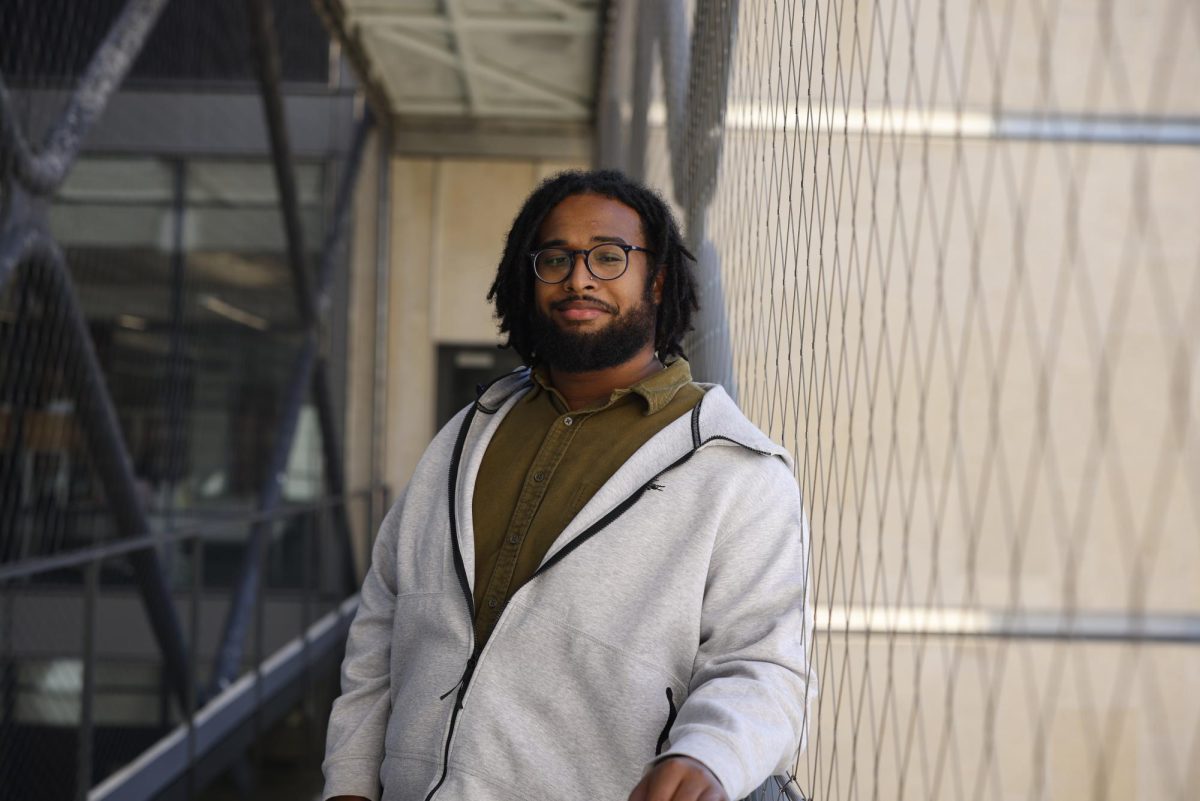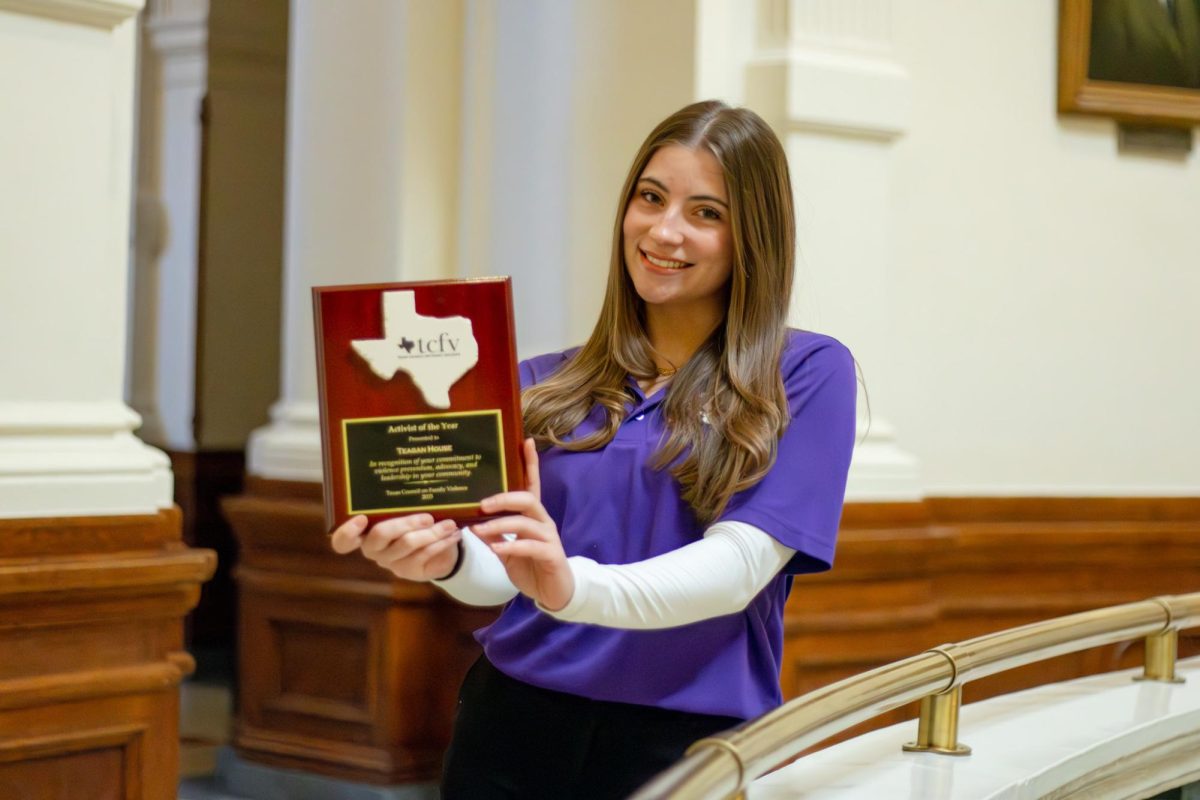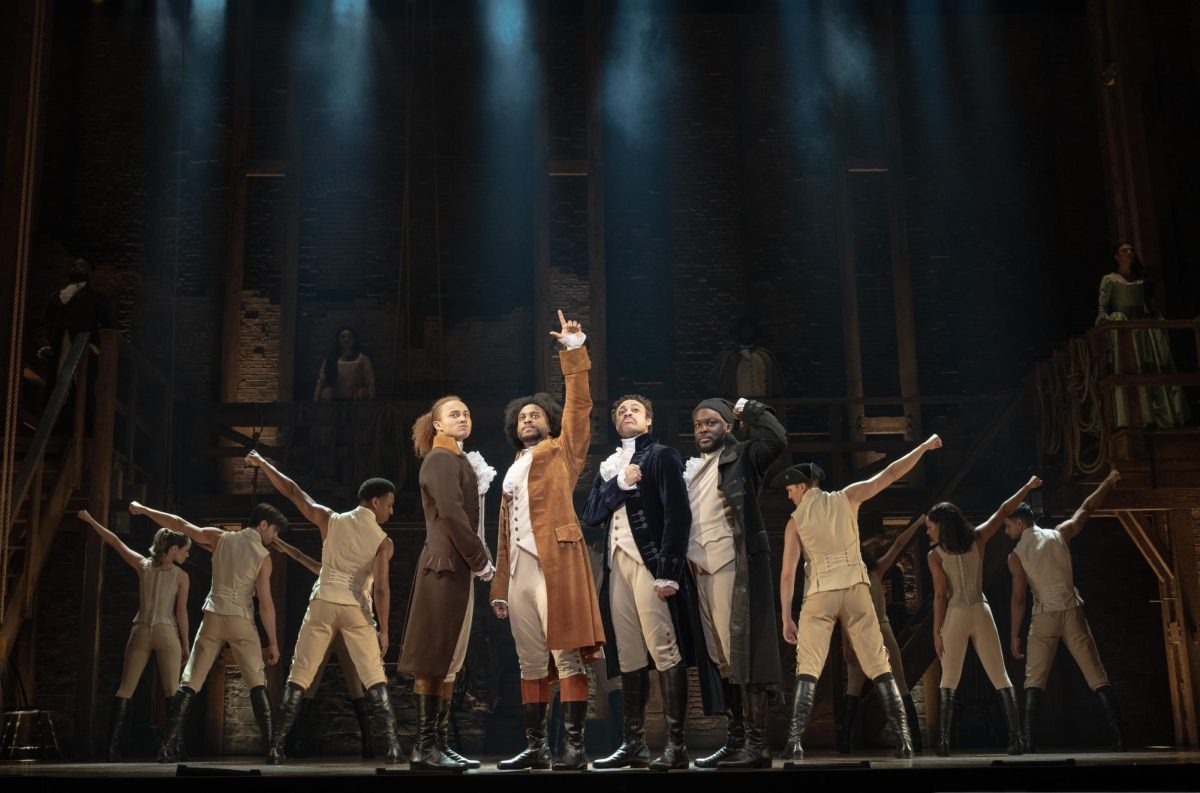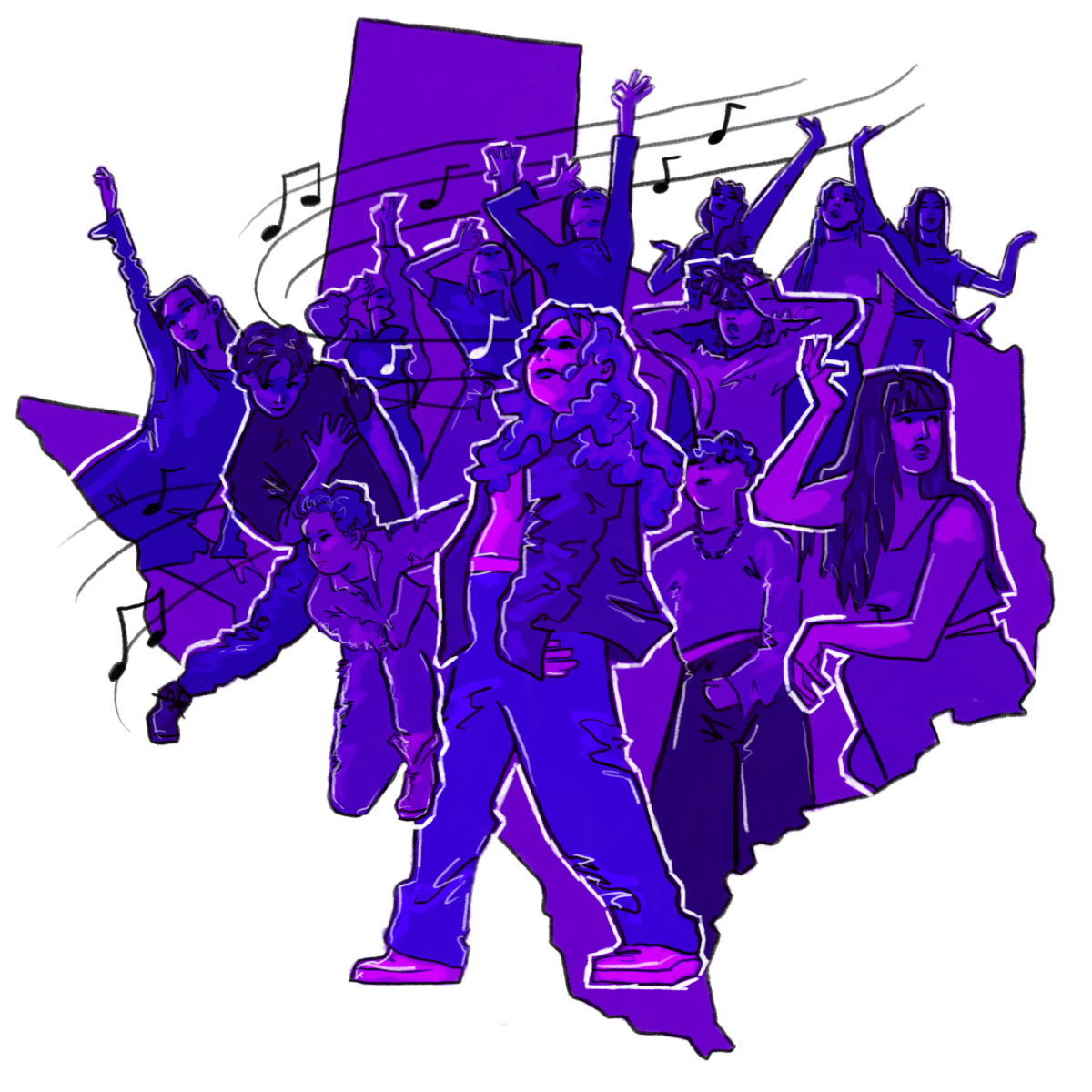Hunter Mack knew he wanted to work in aerospace after placing 40-pound satellite circuit boards in an oven as if he were baking a sheet pan. Mack and other researchers at aerospace company Northrop Grumman, where he interned as an undergraduate, tested the boards at extreme temperatures to prepare them for space conditions.
“Space is this huge unknown, and we’re in a pivotal time period where we have access to all these technologies we can use in space,” Mack said. “Who knows in the next 20 years what space will look like? … It’s really exciting and to be a part of that is an honor.”
Mack, a second-year graduate student in electrical and computer engineering, interned for The Aerospace Corporation for the past two summers and joined Space Workforce 2030 when they launched last year. A coalition between over 30 space companies, Space Workforce 2030 aims to increase diverse hiring in an industry historically lacking in inclusivity and gives students like Mack the opportunity to create change.
“I’m not necessarily the person that wants to be in space, but my task this past summer was supporting infrastructure for space systems,” Mack said. “That was cool because if it isn’t for what I do, then the rockets can’t launch.”
Arianna Villegas, a second-year mechanical engineering graduate student at UT-El Paso, also interned with The Aerospace Corporation the past two summers and participates in Space Workforce 2030.
“They pushed networking and not being afraid to ask questions that we feel are dumb, which I enjoyed because in an internship, sometimes students tend to shy away from questions because they don’t want to seem like (they) don’t know anything,” Villegas said. “I like that the program pushed us to be vulnerable and network with different professionals.”
Mack said the interns toured other aerospace facilities with Space Workforce 2030, and he talked to professionals about their experiences and their efforts to increase diversity in the field.
“I’ve gotten to speak with other people who are (in the) space workforce or (are) space interns, and we have the opportunity to be heard,” Mack said. “We’re not just here because they need us here for some quota or we got lucky or we should just be happy to be here. It’s like, ‘No, we want you here, and we want you to stay.’”
Mack said he views Space Workforce 2030’s mission as incredibly important, especially after working in places that lacked diversity.
“If we are to reach the full potential of the future space economy and become a truly spacefaring society, we must make space inclusive of and accessible to all,” said Steve Isakowitz, president and CEO of The Aerospace Corporation, in an email.
Mack said he came to UT planning to get his master’s degree and enter the industry, but after learning about research opportunities here, he wants to pursue his Ph.D.
“For some people, it’s not always realized that it took a little more steps and a little more work to get in that same space (as) other people,” Mack said. “Having this opportunity definitely validates my experience (and) my journey to get to this point.”




















